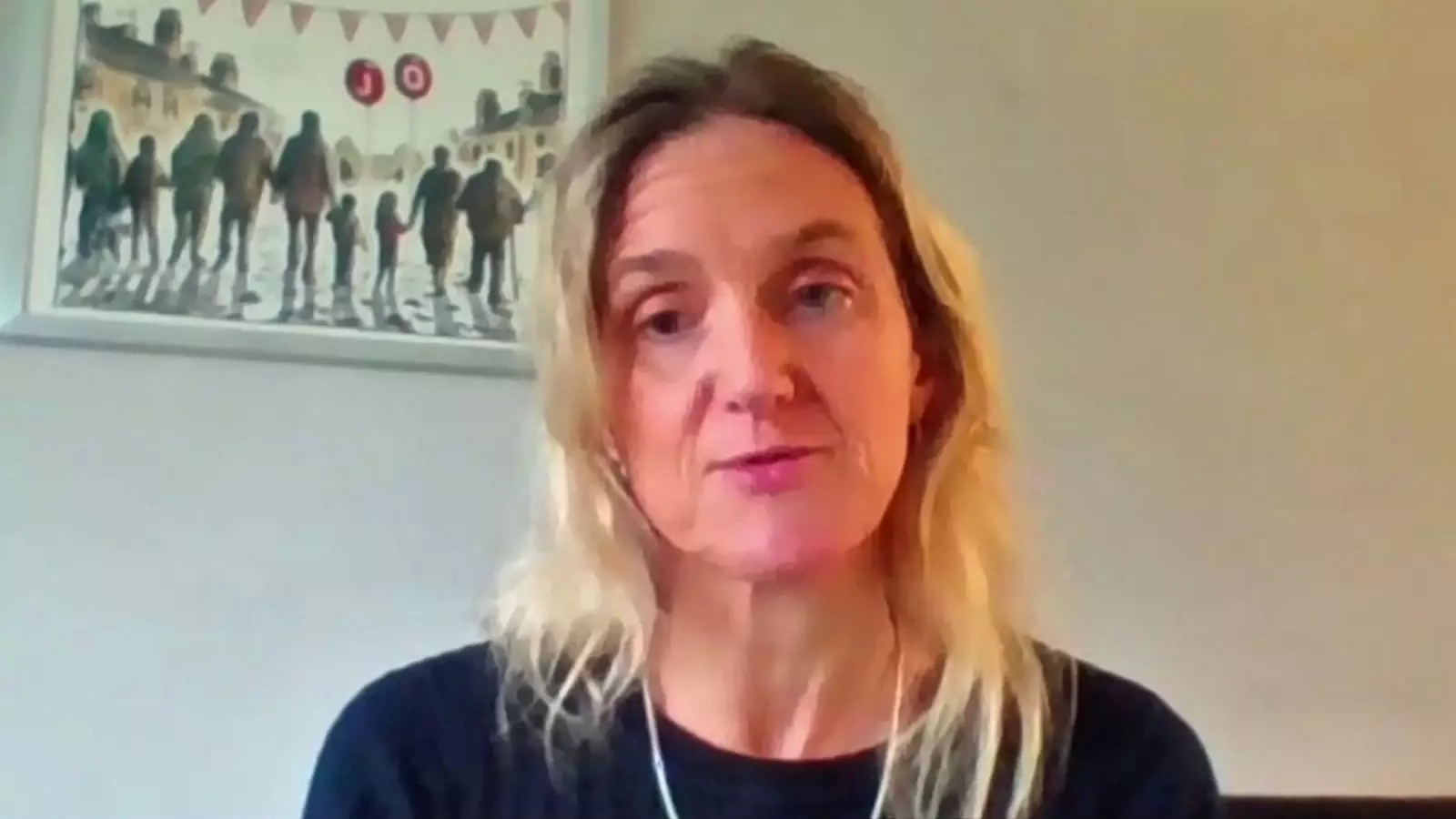The discussion surrounding assisted dying has garnered significant attention in recent times, particularly as lawmakers like Kim Leadbeater champion the cause within parliamentary circles. While the bill seeks to provide terminally ill individuals with the ability to end their suffering, it raises profound ethical and moral questions. The tensions between advocacy for individual choice and concerns over the potential risks of a ‘slippery slope’ highlight the complexities of the issue.
Leadbeater’s initiative, formally the Terminally Ill Adults (End of Life) Bill, proposes that those diagnosed with six months or less to live could seek assistance in ending their lives. This would occur under the careful scrutiny of two medical practitioners and a High Court judge, ostensibly to ensure that the decision is both voluntary and informed. The provisions within the bill include a strict definition of eligibility, aimed at minimizing concerns that it could inadvertently expand to include those who are not terminally ill.
However, critics are quick to challenge the premise of these safeguards. Justice Secretary Shabana Mahmood expressed serious reservations, arguing that the introduction of such legislation could lead society down a path where “death is offered as a service.” This criticism underscores an inherent fear of normalization in the acceptance of assisted dying, shifting societal values around life, death, and individual autonomy.
Critics of assisted dying legislation frequently invoke the ‘slippery slope’ argument, contending that legalizing one form of life-ending assistance may inadvertently lead to broader applications that could threaten vulnerable populations. The worry is that the definition of ‘terminal illness’ could be expanded over time, risking the lives of individuals who may not wish to die but feel pressured by familial, societal, or even institutional dynamics.
Leadbeater has countered this hesitation by emphasizing the specificity of her bill, which explicitly limits eligibility to terminally ill patients with a limited prognosis. However, concerns surrounding coercion and the societal implications of normalizing death as an option remain valid. The implications of such discussions necessitate a careful examination of not only the legislation itself but also the broader cultural and ethical frameworks that inform these debates.
Personal vs. Societal Ethics
The discourse surrounding assisted dying also brings into question the intersection of personal beliefs and public policy. Religion plays a significant role in shaping individual perspectives on life and death, and while some lawmakers, like Mahmood, express their opposition grounded in religious beliefs, others like Leadbeater stress the importance of compassion and choice in a secular context.
This friction illustrates a central conundrum of democratic societies: how do we navigate the delicate balance between respecting individual conscience and maintaining protective measures for the population? Leadbeater maintains that her bill is about offering desperate individuals a compassionate choice, while opponents argue that such choices could lead to marginalization and harm, particularly for those who may feel economically or socially pressured to ‘choose’ death over life.
As the debate intensifies in the lead-up to Parliamentary votes, the need for compassion and understanding remains paramount. The ethical implications of assisted dying legislation call for an earnest and multifaceted dialogue that transcends partisan lines. It compels society to weigh the value of individual autonomy against potential risks to vulnerable populations.
Active engagement from diverse stakeholders—including ethicists, medical professionals, and religious bodies—will be vital in shaping a framework that honors the sanctity of life while providing dignity and choice to those facing terminal illness. Ultimately, the resolution of this moral quandary will define not only the future of assisted dying legislation but also the character of our society in addressing issues of life, suffering, and the end of life. Through respectful dialogue and careful consideration, it may be possible to navigate this complex terrain responsibly and compassionately.


Leave a Reply